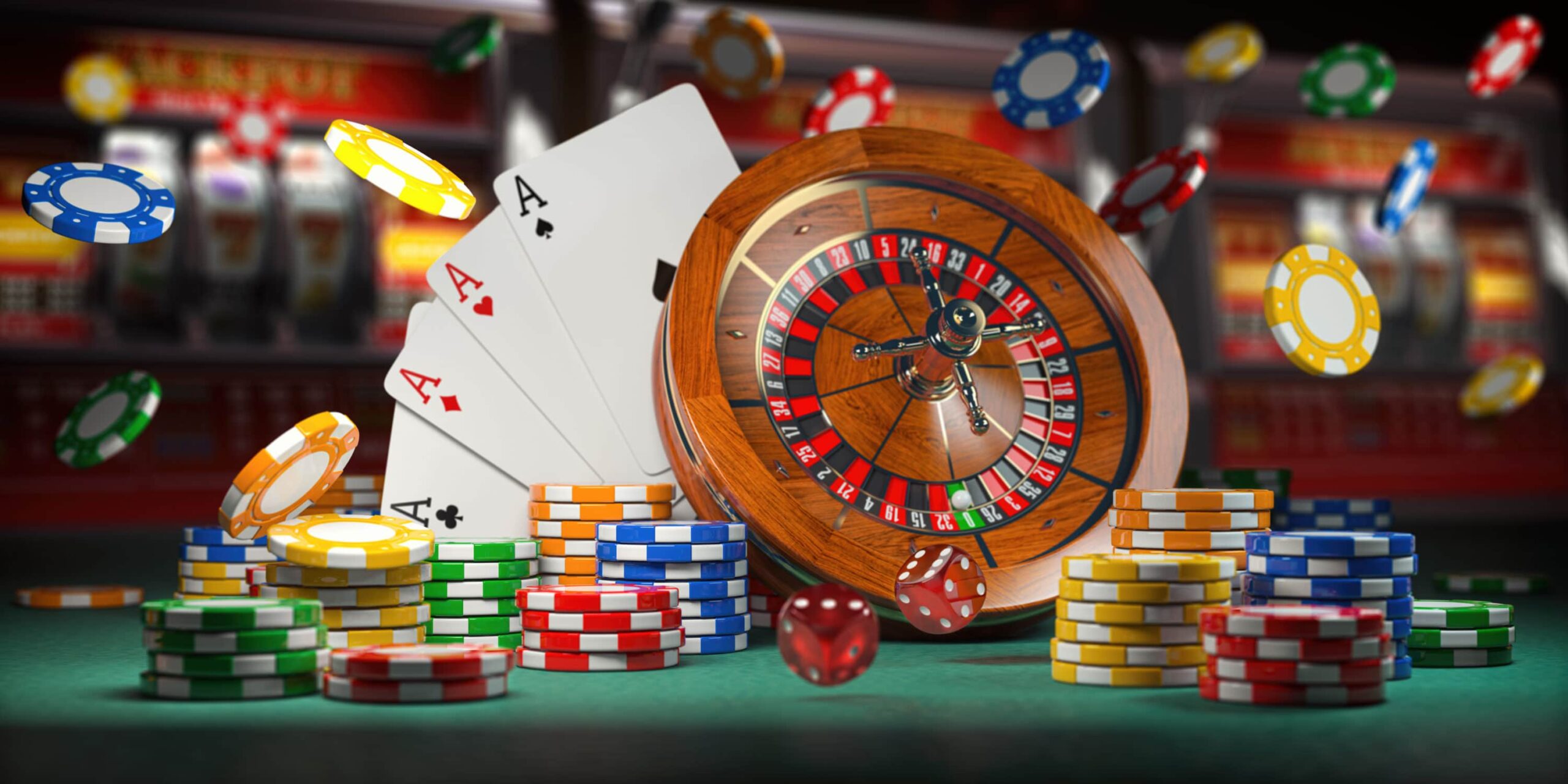
In the world of gambling, where chance and strategy intersect, a unique tapestry of beliefs manifests—one that braids luck, fate, and the enigmatic nature of casino games. Casinos, bustling with excitement and anticipation, are not just venues for placing bets; they are also arenas in which superstitions thrive. From the novice player to the seasoned gambler, these mysterious practices often shape how individuals approach the games they play, holding the belief that their actions can influence the outcome in ways that go beyond mere probability.
When players gather around roulette wheels, blackjack tables, and slot machines, the atmosphere is thick with stories of lucky charms, rituals, and codified behavior that defy logic yet provide a sense of comfort. It could be the case that it’s wearing a specific outfit, following a particular sequence of bets, or even avoiding certain numbers, the attachment to various superstitions reflects a deep-rooted desire to manipulate the uncontrollable. This article delves into the captivating world of casino game superstitions, investigating the beliefs that both entertain and mystify those who dare to play.
Cultural Roots of Superstitions
Betting games have long been connected with an variety of superstitions that trace to early cultures. The roots of these ideas can be linked to humanity’s innate wish to manage the uncertain outcomes associated with luck and randomness. In early civilizations, games of chance were often linked to spiritual practices. Gamblers would invoke favor or seek favor from spirits, believing that their actions could change the results in their advantage. This groundwork laid the foundation for the myriad of superstitions that spread as gambling evolved over centuries.
During the Middle Ages, gambling became a popular hobby across the continent, and with it, a rich tapestry of superstitions emerged. Players adopted numerous rituals and charms, believing they could affect the outcome of games. The value of numbers, in particular, started to appear in superstitions related to card games and dice. The number seven was often considered favorable, while other numbers carried bad connotations. These ideas mirrored the social contexts of the time, adapting as they moved through generations and adapted to emerging gaming environments.
As gaming establishments developed in the 1600s, particularly in Italy and France, the atmosphere surrounding gambling became saturated in mystique. The growing availability of gambling activities allowed for the spread and variation of superstitions among players. Concepts like lucky charms, specific seating locations, and rituals gained prominence, creating a special culture within casinos. As these customs continued to thrive, they became essential to the character of casino activities, illustrating how history and society shape the notions that influence how participants interact with luck.
Widespread Gambling Myths
Superstitions surrounding gambling activities are abundant and diverse, reflecting the dreams and fears of players as they participate in chance-based games. One of the most common beliefs is that specific numbers bring fortune or misfortune. For example, the digit seven is often seen as a lucky number, frequently embraced by players looking for a favorable outcome. Conversely, the digit 13 is routinely considered unlucky, leading many gamblers to avoid it during their gaming periods.
Another common belief relates to practices that players believe can affect their odds. Whether blowing gently on dice before a roll, using a particular gesture to place a bet, or even putting on particular items of clothing, many people feel that these actions can sway luck in their benefit. u 888 These practices offer a sense of control in an otherwise unpredictable environment, strengthening the idea that luck can be created through individual convictions and habits.
Finally, the environment and atmosphere of the casino itself contributes to superstition. Many players suggest that the presence of specific icons, such as four-leaved clovers or fortunate coins, can enhance their odds of success. Additionally, players might adhere to the notion that victory streaks can be halted by mundane occurrences, such as someone passing by or a spill at the table. The collective environment in a casino can amplify these superstitions, creating a shared culture of myths that goes beyond individual experiences.
Impact of Superstitions on Players
Beliefs play a significant role in the psychology of gamblers, often influencing their actions and choices. A lot of gamblers think that luck can be influenced through different rituals, such as donning a talisman, choosing particular hues, or avoiding certain numbers. This dependence on superstitions can create a feeling of authority in an environment that is inherently unpredictable. Players often feel more self-assured and engaged when they feel that their actions could sway the outcome of a game in their advantage. https://u8888.ink/
The impact of these superstitions extends beyond singular players, affecting the overall atmosphere inside the casino. For instance, a player who believes in the luck of a particular slot machine might attract a crowd, as onlookers are fascinated by their apparent success. This shared belief can heighten excitement and create a lively environment, leading to an interesting experience even for those who may not necessarily be superstitious. The buzz around certain games can lead to higher participation and longer playing sessions, supporting the casino’s lively social scene.
In some instances, superstitions can lead to negative effects for players. Relying too heavily on rituals can result in poor gambling decisions, as some may ignore basic strategies in favor of baseless beliefs. Additionally, the pressure to perform rituals may increase anxiety and stress levels, detracting from the pleasure of the experience. Ultimately, while superstitions can enhance the excitement of playing casino games, they can also lead to unwise choices that overshadow the fun and entertainment intended in the casino experience.